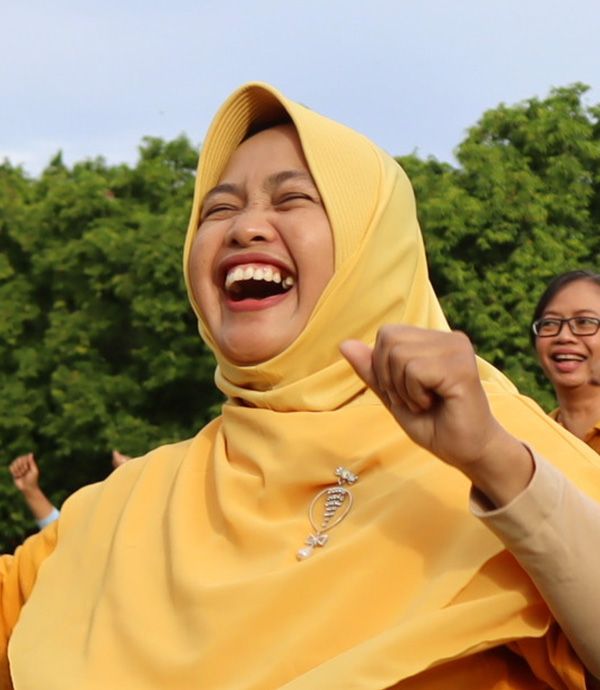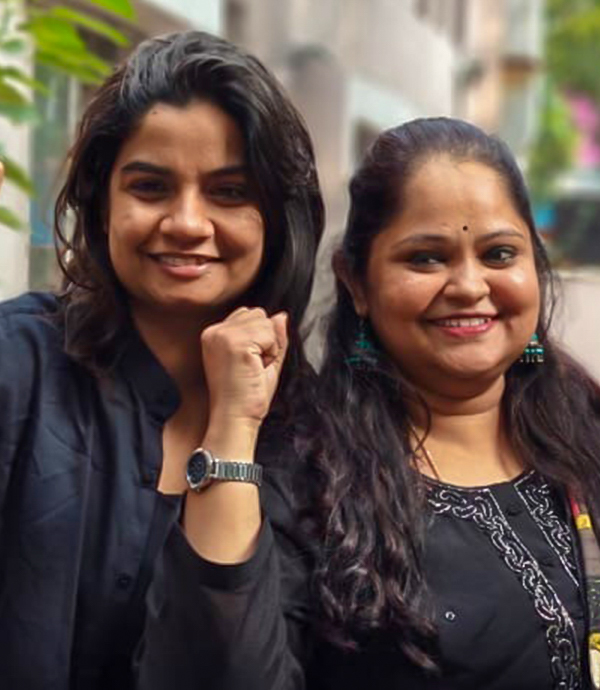Australia’s commitment to disability equity
The Australian Government is committed to advancing disability equity and rights.
Everyone benefits from disability equity. Cohesive societies are more peaceful, resilient and stable. Poverty, isolation and disadvantage are reduced. The potential for economic growth is stronger. For sustainable development to be achieved, we must deliver on our commitment to leave no one behind, including people with disability.
The Australian Government has launched Australia’s International Disability Equity and Rights Strategy outlining how we are advancing disability equity and rights through our international engagement. The Strategy introduces Australia’s first ever performance target for disability equity in our international development program, a phased performance target of 60 per cent of development and humanitarian investments performing effectively on disability equity by 2026, and 70 per cent by 2030.
Disability inclusive development fund
Australia supports the full participation of people with disability in economic, social and political life to reduce poverty, drive growth and enhance democratic governance.
In 2024-25, Australia’s central disability funding increased to $14 million, which supports our partners in implementing the Convention on the Rights of Persons with Disabilities and building the capacity of organisations of persons with disabilities (OPDs).
Through bilateral, regional and multilateral programs and key partners, Australia advocates for and supports disability-equitable development.
Strengthening disability equity capability
Australia is increasing disability equity in our development cooperation by improving access to specialist expertise, training and outreach. We are committed to ensuring meaningful participation by people with disability and OPDs in all stages of development programming.
Supporting young deaf women’s leadership journeys in India
YWCA India partnered with Deaf Women Too to empower the deaf community. Through this online initiative, five deaf young women were trained as Master Trainers. They then trained around 100 deaf young women on leadership, consent and human rights, sexual and reproductive health and rights, sexual and gender-based violence, mental health, economic empowerment and climate justice.

